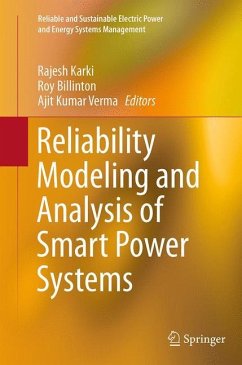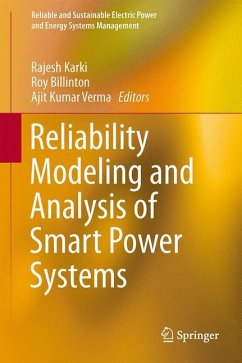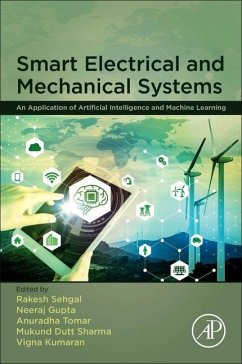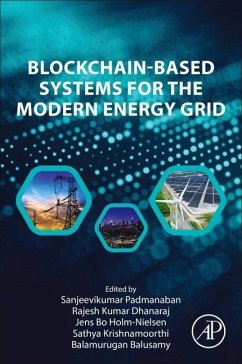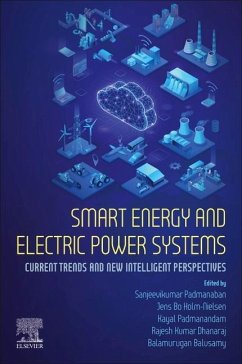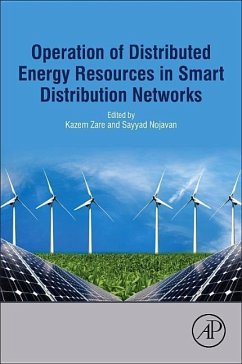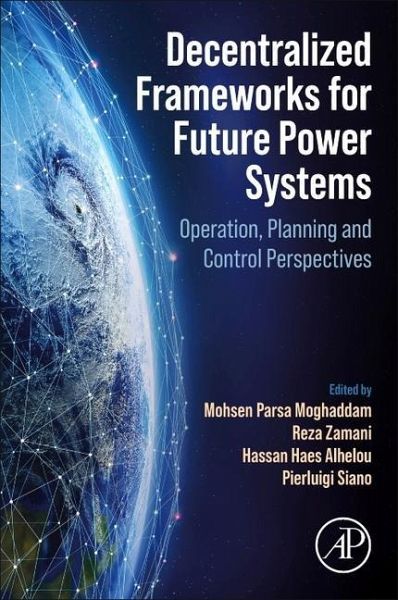
Decentralized Frameworks for Future Power Systems
Operation, Planning and Control Perspectives
Herausgegeben: Moghaddam, Mohsen Parsa; Zamani, Reza; Alhelou, Hassan Haes; Siano, Pierluigi

PAYBACK Punkte
56 °P sammeln!
Decentralized Frameworks for Future Power Systems: Operation, Planning and Control Perspectives is the first book to consider the principles and applications of decentralized decision-making in future power networks. The work opens by defining the emerging power system network as a system-of-systems (SoS), exploring the guiding principles behind optimal solutions for operation and planning problems. Chapters emphasize the role of regulations, prosumption behaviors, and the implementation of transactive energy processes as key components in decentralizing power systems. Contributors explore loc...
Decentralized Frameworks for Future Power Systems: Operation, Planning and Control Perspectives is the first book to consider the principles and applications of decentralized decision-making in future power networks. The work opens by defining the emerging power system network as a system-of-systems (SoS), exploring the guiding principles behind optimal solutions for operation and planning problems. Chapters emphasize the role of regulations, prosumption behaviors, and the implementation of transactive energy processes as key components in decentralizing power systems. Contributors explore local markets, distribution system operation and proactive load management. The role of cryptocurrencies in smoothing transactive distributional challenges are presented.
Final sections cover energy system planning, particularly in terms of consumer smart meter technologies and distributed optimization methods, including artificial intelligence, meta-heuristic, heuristic, mathematical and hybrid approaches. The work closes by considering decentralization across the cybersecurity, distributed control, market design and power quality optimization vertices.
Final sections cover energy system planning, particularly in terms of consumer smart meter technologies and distributed optimization methods, including artificial intelligence, meta-heuristic, heuristic, mathematical and hybrid approaches. The work closes by considering decentralization across the cybersecurity, distributed control, market design and power quality optimization vertices.



